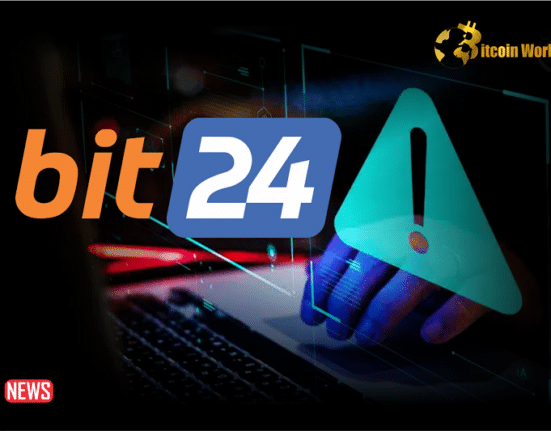WHAT IS KYC IN CRYPTO?
KYC, or Know Your Customer, is a regulatory requirement that financial institutions implement to verify the identity of their customers. In the context of cryptocurrencies, KYC involves collecting identifying information from users to prevent financial crimes such as money laundering and terrorist financing. This process has become increasingly important for cryptocurrency exchanges as regulatory bodies around the world have begun to crack down on the use of digital assets for illicit purposes.
WHY CRYPTO EXCHANGES REQUIRE KYC
Cryptocurrency exchanges implement Know Your Customer (KYC) procedures for various crucial reasons. Firstly, KYC helps prevent financial crimes by verifying users’ identities, ensuring they are not engaged in any suspicious activities. Secondly, it establishes trust with regulators and investors, showcasing a commitment to compliance. Lastly, KYC reduces legal risks for exchanges by providing a paper trail that can be invaluable during disputes or investigations.
BENEFITS OF KYC FOR CRYPTO EXCHANGES
While KYC compliance may pose operational challenges, bitcoin exchanges stand to gain significantly from adhering to regulatory standards. Benefits include reduced legal risks, enhanced customer trust, improved market stability, and mitigation of reputational damage. Undertaking KYC due diligence helps businesses minimize the likelihood of legal issues or regulatory fines. Users are more likely to continue using a service if they are confident that the exchange takes aggressive precautions to protect their accounts. Ultimately, verifying users’ identities benefits both consumers and businesses.
IMPORTANCE OF KYC FOR CRYPTO EXCHANGES
KYC compliance is of paramount importance for bitcoin exchanges. It not only boosts investor confidence but also lowers the risk of scams and money laundering. Given the immediate and anonymous nature of transactions in cryptocurrencies, especially Bitcoin, it becomes an attractive option for criminals seeking to evade traditional Anti-Money Laundering (AML) rules. Bitcoin exchanges become prime targets for money laundering activities, making KYC a critical preventive measure.
ARE THERE CRYPTO EXCHANGES WITHOUT KYC?
Some argue that requiring KYC contradicts the decentralized nature of cryptocurrencies, suggesting that exchanges should refrain from requesting personal information. Individuals may desire privacy, especially in restrictive regimes, and may have other motivations for avoiding KYC. For instance, avoiding KYC can help protect assets from creditors. Certain individuals simply value their privacy and prefer not to share information with any entity.
BUYING CRYPTO WITHOUT KYC
Yes, there are alternatives to purchase cryptocurrency without undergoing KYC. Peer-to-peer exchanges like LocalBitcoins or Paxful, cryptocurrency ATMs accepting cash transactions, and services like ShapeShift or Changelly (decentralized exchanges) provide options. While these services generally do not demand personal information, some, like Changelly, offer both KYC and non-KYC options, with KYC often required for larger transactions.
DO CRYPTO WALLETS NEED KYC COMPLIANCE?
No, cryptocurrency wallets are not obligated to be KYC compliant. Most wallets, especially non-custodial ones like MetaMask, MyEtherWallet, and Trust Wallet, allow users to retain complete control over their assets without providing personal information. Additionally, some hardware wallets, such as Ledger and Trezor, operate without KYC requirements, enhancing user security by keeping private keys offline.
IS KYC SAFE IN CRYPTO?
While KYC aims to prevent financial crimes, it has drawbacks. The process can be time-consuming and frustrating for users, requiring personal information for each transaction. Moreover, there is a risk of data breaches or theft of user information due to poor security practices within the crypto ecosystem. Users must remain vigilant to such risks and choose reputable exchanges and services to minimize potential security threats.














